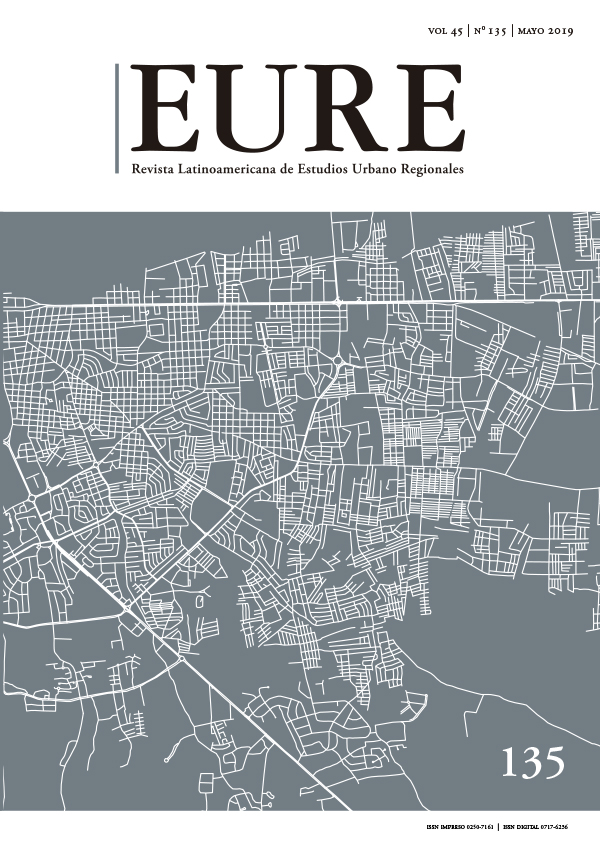La fabricación de una comunidad moral. El caso de los afectados de la causa Matanza-Riachuelo
DOI:
https://doi.org/10.4067/S0250-71612019000200111Palabras clave:
gestión ambiental, desigualdad social, política habitacionalResumen
A partir de una etnografía desarrollada entre 2010 y 2015, analizaré la relocalización de villas ribereñas de la ciudad de Buenos Aires ordenada por la máxima autoridad judicial argentina, debido a su cercanía a un río altamente contaminado. He de indagar de qué modo algunos habitantes de un entorno problemático apelan a una narrativa ambiental que suele sumarse a un eje reivindicativo en torno a la vivienda o las condiciones de vida. ¿Cómo puede articularse el derecho a un ambiente sano —que puede quedar anclado en un mero reconocimiento cultural de "ser afectados"— a una red dinámica de otros derechos? El mal que aqueja a algunos de esos cuerpos deviene, mediante diversas traducciones, reclamo político. El análisis de las negociaciones de los afectados nos remite al potencial del sufrimiento en la creación de comunidades morales (Pita, 2010) y en la búsqueda de reconocimiento para torcer el rumbo de ciertas políticas.
Descargas
Publicado
Cómo citar
Número
Sección
Licencia
Derechos de autor 2019 Revista EURE - Revista de Estudios Urbano Regionales

Esta obra está bajo una licencia internacional Creative Commons Atribución 4.0.
Al momento de aceptar la publicación de sus artículos, los autores deberán formalizar la cesión de derechos de autor a EURE, según las condiciones establecidas por la Revista.
Ésta establece que el autor autoriza a EURE de manera gratuita, exclusiva e ilimitada a reproducir, editar, publicar, distribuir, publicitar, comercializar y traducir el artículo, a cualquier soporte conocido o por conocer y desarrollar.
Del mismo modo, los autores aseguran que el artículo propuesto es original, no publicado y no propuesto para tal fin a otro medio de difusión.


